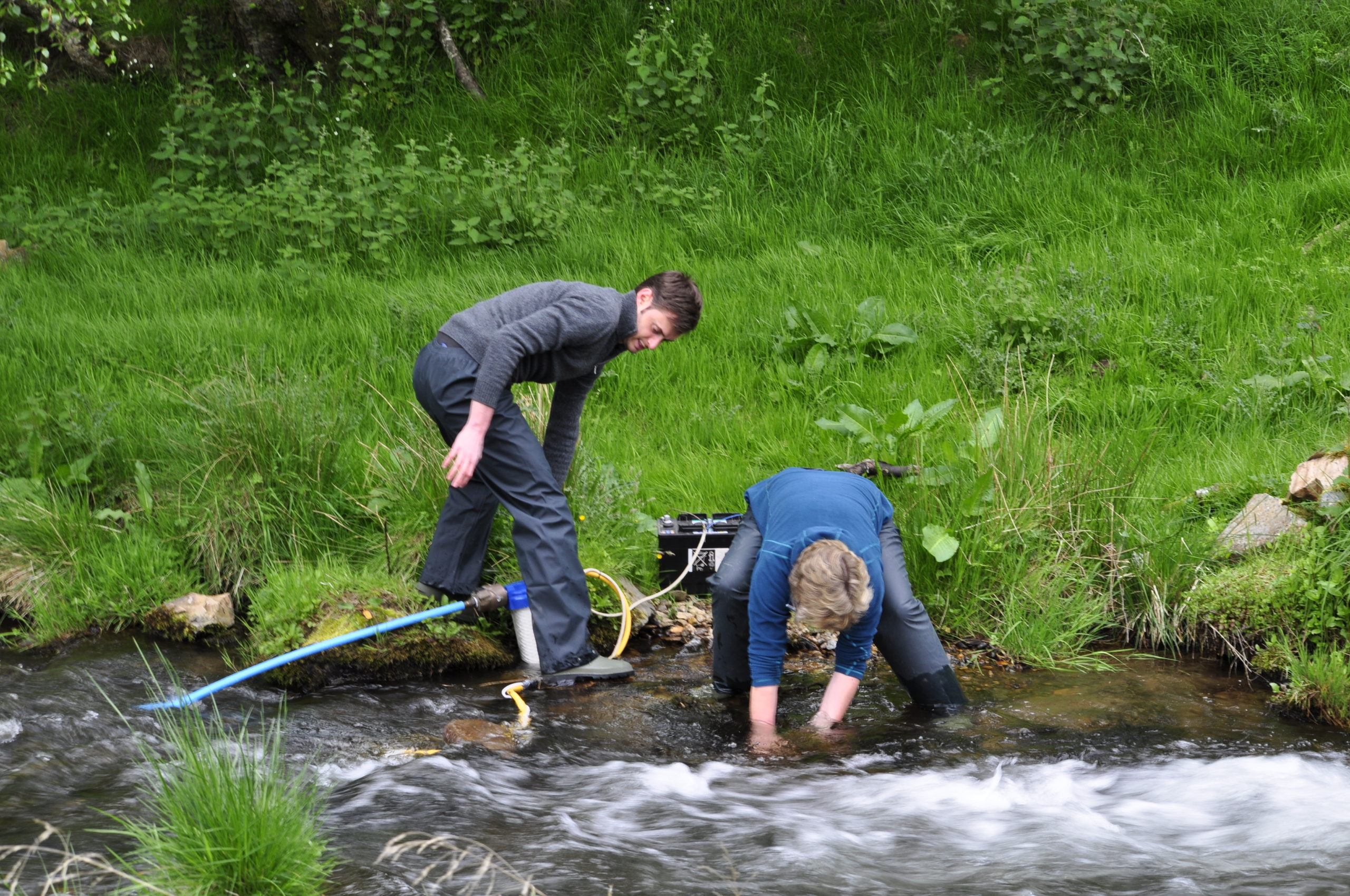Scientific collaborations to improve water quality in Scotland have delivered big wins for public and animal health.
The first in a new series of case studies, developed as part of the RHASS Presidential Initiative, will look at how a partnership between the Moredun Research Institute and Scottish Water, led to improved water quality, animal disease control and habitat creation, within the Glenlivet region, in the Scottish Highlands.
Historically high levels of Cryptosporidium spp. were detected in samples from Tomnavoulin’s drinking water supply. At the time cattle, sheep and red deer were able to access the drinking water supplies source water. Moredun scientists made the link with high incidences of neo natal calf disease in the Glenlivet area and took steps to gather and analyse data to understand the scale of the problem.
Together with Scottish Water, they worked with farmers, offering advice and support on disease control and guidance on better land management, such as fencing off watercourses and rebuilding riverbanks, to minimise the impact on drinking water quality.
In the past eight years, Cryptosporidium spp. detection rates in the water supply have subsequently dropped. In 2022, Scottish Water’s sampling data returned only two positive detections of Cryptosporidium spp. in raw (source) water samples, compared with 73 in 2014.
Microbiologist James Green, from Scottish Water, explained: “Our key driver for this project was to improve the quality of water courses and reduce the risk of disease transmission to benefit public health.
“The drop in Cryptosporidium spp. detections is down to changes in the environment, whether that is land management changes, changes in farming techniques or changes due to climate or other environmental factors.
“Working closely with farmers and landowners has been critical to improving raw water quality across the whole of Scotland and will remain vital moving forward. If we can improve the quality of raw water, then it means we can use less energy and chemicals during the treatment process, when we purify it for safe human consumption.”
Moredun scientist Beth Wells led the project at the time and pointed out that getting on top of disease, delivered a multitude of other benefits for society.
“We have always known that if you can get on top of animal health you can also make inroads in other areas, such as emissions reductions, and in this case, improving water quality and boosting biodiversity by improving local riparian habitats.
“Water quality is one of the founding principles of safe food and drink production and the role science plays within that cannot be understated. If we can join up the science with good animal husbandry and land management practices, then it is a win-win for animal health, the natural environment and protecting Scotland’s most valuable natural resource, water.”
Honorary President, Ian Duncan Millar highlighted that the work carried out between Moredun and Scottish Water, perfectly exemplifies the Presidents’ Initiative for 2023, honing in on ‘The Science of Food and Drink’.
“The identification of the problem with the Water quality, and the source of that problem has delivered benefits to cattle, farmers, locals and visitors, as well as the environment and the water company,” he said. “Having the knowledge and ability to diagnose these kinds of issues gives strength and depth to our efforts to address the challenges we all face.”
The RHASS Presidents’ Initiative will culminate with a showcase at the Royal Highland Show, bringing together different sectors and stories from over the past months and creating a lasting legacy of materials which will be made available for anyone to access.
For more information on this year’s Initiative and to access future case studies, please visit: https://rhass.org.uk/presidential-initiative/.
